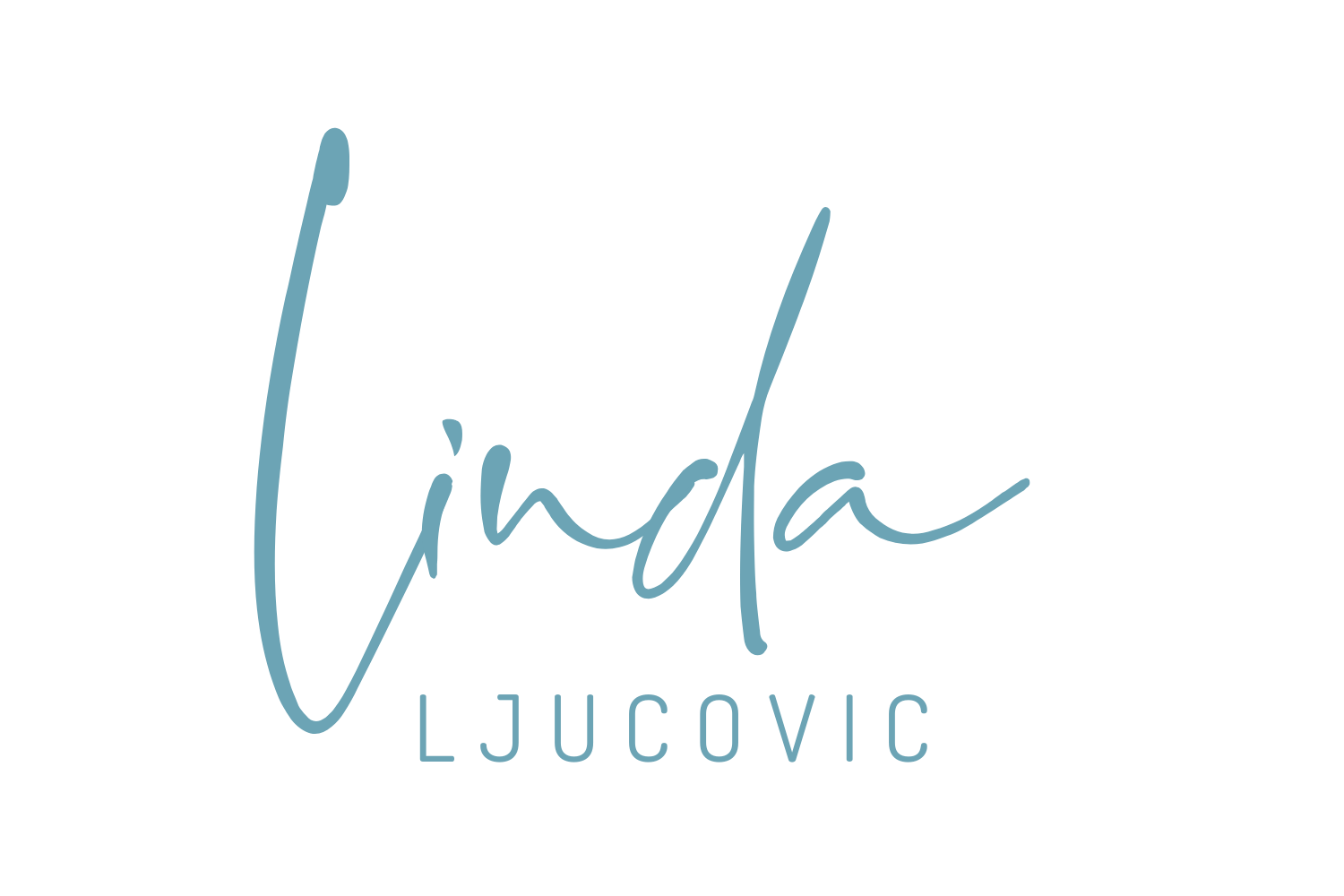Lost Your Keys Again? How Hormones Hijack Your Memory (and What to Do)
Understanding Memory Lapses in Perimenopause and Beyond — and What You Can Do About It
If you’ve ever walked into a room and forgotten why you’re there…
Or stumbled over a name you know you know…
Or found yourself staring at a grocery list thinking, “What did I need again?” —
You’re not alone!
Many women in perimenopause and menopause experience these frustrating “brain blips” that can make them feel like they’re losing their edge.
I still remember the first time this kind of memory lapse hit me — I was in my 40s, standing at the counter renewing an ID for my 4-year-old, when the clerk asked for my postal code.
Blank.
Nothing.
I could remember the street, the city, the paint color on the front door… but the postal code? Completely gone. I thought, “Surely I’m too young for this?!”
At the time, I chalked it up to being busy and tired. But looking back with my Functional Diagnostic Nutrition lens, I now know it was my body’s way of saying my brain chemistry and hormones were shifting.
But here’s the good news:
From a Functional Diagnostic Nutrition lens, these memory lapses are not random — they’re signals. Your body is telling you something about what’s happening beneath the surface.
Why Memory Lapses Happen in Perimenopause & Menopause
Memory changes during this life stage aren’t just about “getting older.” They’re the result of shifts in your brain chemistry, hormones, and stress physiology. Here’s what’s going on:
1. Estrogen’s Role in Brain Function
Estrogen isn’t just a reproductive hormone — it’s a neuroprotective hormone. It supports:
The growth and repair of neurons
The production of neurotransmitters like acetylcholine (critical for memory and learning)
Blood flow to the brain
When estrogen levels begin to fluctuate (sometimes dropping sharply, sometimes spiking unpredictably) during perimenopause, your brain chemistry feels that instability. This can translate into forgetfulness, word-finding issues, or mental fatigue.
2. Cortisol & Chronic Stress
When your stress hormone cortisol is out of balance — whether from juggling work, family, aging parents, or simply the hormonal stress of perimenopause itself — your body shifts into survival mode.
Chronic stress can:
Shrink the hippocampus (the memory center of the brain)
Impair short-term recall
Disrupt deep sleep (when memory consolidation happens)
3. Blood Sugar & Energy to the Brain
If blood sugar swings up and down throughout the day (common when estrogen and progesterone shift), your brain’s fuel supply becomes erratic. Even mild dips in glucose can make it harder to focus or recall information.
4. Nutrient Deficiencies
Many women in midlife are low in:
B vitamins (especially B12) for nerve and brain health
Magnesium for calming the nervous system
Omega-3 fats for brain cell membrane health
Zinc for neurotransmitter production
From an FDN standpoint, this often points back to digestion and absorption — your body can’t use nutrients well if your gut is inflamed or compromised. So you could be eating the healthiest diet….but it doesn’t matter if you can’t aborb that nutrition.
The FDN Approach: Testing, Not Guessing
Instead of chalking memory lapses up to “normal aging,” we can investigate why they’re happening for you specifically.
Some of the labs I use with clients include:
DUTCH Test — reveals hormone patterns (estrogen, progesterone, testosterone, cortisol rhythms) and how your body is metabolizing them
Hair Tissue Mineral Analysis (HTMA) — identifies mineral imbalances and heavy metal exposure that can impact brain health
Comprehensive Stool Testing — shows how well you’re absorbing nutrients and whether gut inflammation is interfering with brain function
What You Can Do to Support Memory Now
Balance Blood Sugar
Include protein, healthy fats, and fiber at every meal
Avoid long stretches without eating (especially in the morning)
Support Stress Resilience
Incorporate daily relaxation practices like breathing exercises, yoga, or mindful walking
Work on improving sleep quality — even 30 extra minutes can make a difference for brain repair
Nourish the Brain
Prioritize nutrient-dense foods: wild-caught fish, leafy greens, pumpkin seeds, blueberries
Consider targeted supplements based on testing (omega-3s, magnesium glycinate, activated B vitamins)
Challenge Your Mind
Learn a new skill, play strategy games, or try memory exercises
Social connection is also powerful for keeping the brain sharp
You Don’t Have to Just “Live With It”
Memory lapses during perimenopause are common — but they are not inevitable.
With the right information about your hormones, nutrients, and stress response, you can take targeted steps to restore clarity, focus, and mental sharpness.
📌 Take my Free Hormone Quiz to see if your memory challenges might be linked to hormone imbalances.
📌 Or, if you’re ready to get to the root cause, learn more about functional lab testing like the DUTCH test here.
Your brain is capable of so much — it just needs the right environment to thrive.




